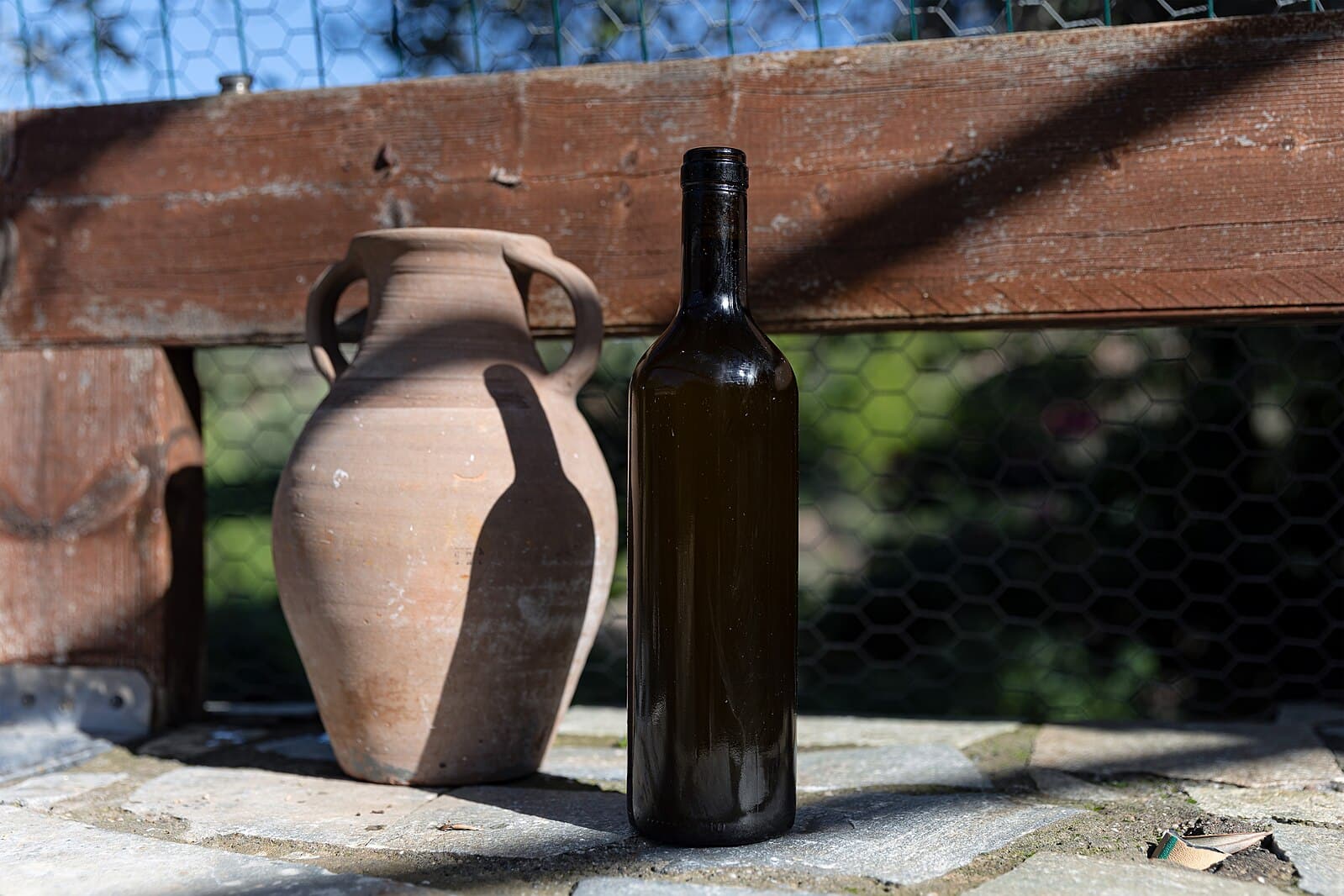

Greece’s table olives and olive oil sectors face a challenging period following the recent imposition of 20 percent tariffs by the US on all European Union imports. While Washington has temporarily suspended these measures for 90 days, applying them selectively, the uncertainty has already begun impacting strategic planning across the Greek agri-food industry.
Table olives are among the nation’s top export commodities, characterized by high added value and widespread global distribution, with exports reaching over 100 countries. Notably, the United States represents a pivotal market, absorbing 30 percent of total production valued at 214 million euros annually.
Following the US market, Germany leads in table olive imports with 90 million euros, followed by the United Kingdom with 43 million euros, Australia with 33 million euros, and Canada with 30 million euros.
Costas Zoukas, President of the Panhellenic Union of Table Olive Processors – Standardizers – Exporters (PEMETE), expressed deep concern over the unprecedented situation. “This year could have been record-breaking if not for the tariffs,” he noted, stressing the disruptive impact on sector growth potential due to trade barriers.
Zoukas highlighted the significant reliance on the US market, stating, “Decades of investment in this relationship face sudden access restrictions, resulting in substantial costs.”
In response, PEMETE is exploring new markets, particularly in Asia, aiming for long-term growth. However, achieving significant penetration requires targeted promotion, investments, governmental support, and financial accessibility.
Looking ahead, PEMETE advocates for diplomatic efforts and financial aid to support affected businesses. Zoukas emphasized the need for Greece to negotiate through the EU while suggesting direct talks with the US could yield more effective outcomes, referencing exemptions during the previous US administration.
Meanwhile, the olive oil industry echoes similar concerns. Greek exports of standardized olive oil to the US, totaling 60-70 million euros annually, represent approximately 8 percent of the country’s annual production.
Giorgos Mitrakos, General Manager of the Association of Greek Olive Oil Standardization Industries (SEVITEL), underlined the potential impact on standardized olive oil, noting broader challenges in competitiveness.
“The disparity in tariffs places us at a disadvantage compared to countries like Turkey and Tunisia, which face lower tariffs despite competing in the same market,” Mitrakos explained.
Moreover, the international price decline of olive oil compared to previous years further squeezes profit margins for Greek businesses, adding to the sector’s economic challenges.
The uncertainties arising from US tariffs pose critical challenges for both table olives and olive oil sectors, necessitating strategic adjustments, diplomatic engagement, and targeted support to navigate the evolving trade landscape effectively.
Greece’s Prime Minister Kyriakos Mitsotakis, earlier in April, emphasized that the Greek economy is prepared to face the challenges stemming from the sudden shift in global trade policy triggered by new US tariffs.
Speaking while chairing a meeting of the Government Economic Policy Council, he underscored the importance of maintaining fiscal stability and accelerating reforms to boost competitiveness in an increasingly volatile global environment.
“We will defend our national interests, but I want to keep the bar of expectations low because we do not know how the US will react. We have products such as olives, oil and feta cheese, which are not produced in the US and the imposition of tariffs does not make much sense,” he said.
Related: Greece to Seek Exemptions From New US Tariffs on Agricultural Products
